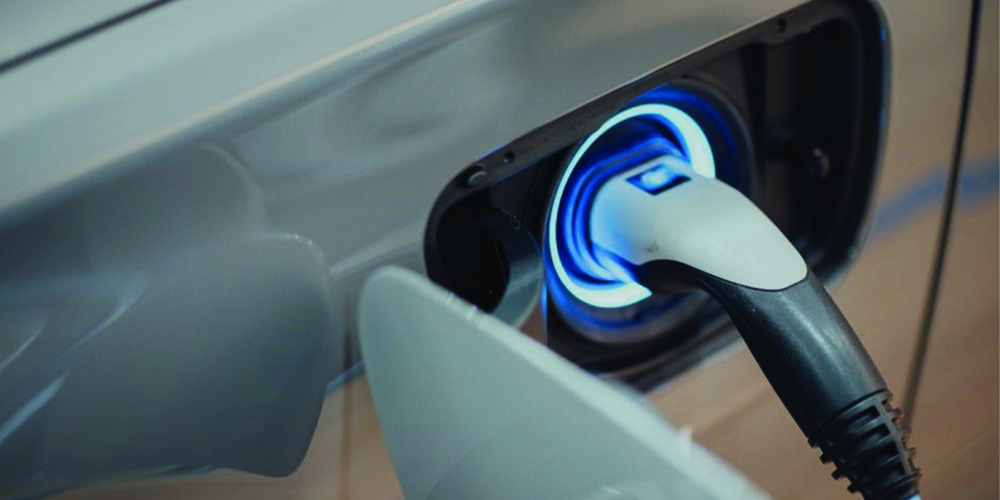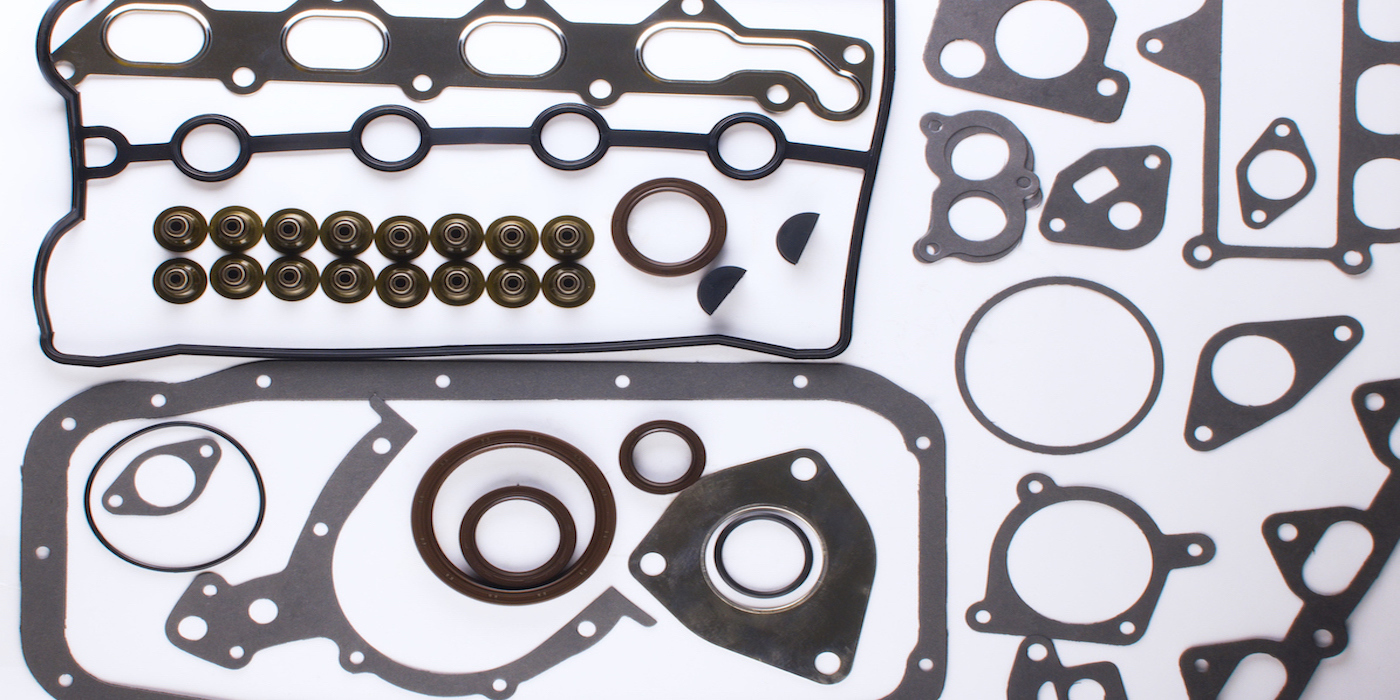A new report released in October from a business advisory organization forecasts as many as 3,800 U.S. car dealerships could fail this fall and into 2009.
Paul Melville, a partner with Grant Thornton LLP, which issued the report, suggests that nearly one in five dealerships will close because of weak sales, increased operational costs and the credit crunch. “An increasing number of dealers are simply closing their doors because sales have plummeted, credit has dried up, the overall retail environment is increasingly challenging and potential investors are sitting on the sidelines,” Melville said.
“In addition, the domestic automakers that badly need retail consolidation are not spending much of their scarce capital on the problem because the economy is doing it for them,” he said.
Earlier this year, Grant Thornton said more than 2,700 dealerships would need to close in order to maintain sales per dealer at last year’s level of about 750 units. Now, with light vehicle sales on average predicted to drop to the 13.7-million unit range in 2009, the firm estimates that 3,800 dealerships will need to close. That is about 18% of the total number of dealerships in the U.S.
“Significant consolidation is necessary, especially among Ford, General Motors and Chrysler retailers, because U.S. sales already have declined more than 1 million units this year,” explained Melville. “The ‘Detroit Three’ account for more than 85% of the total decline, and their sales per dealer were already well below the industry average.”
U.S. vehicle sales are expected to be flat next year with any recovery in demand expected only in 2010, as consumers struggle with tight credit, high gasoline prices and a housing market slump. But not only are new car sales down, other sources of revenue for dealers, such as used car sales and financing profits, are also falling. For example, CarMax, Inc., reported that its average used vehicle-selling price declined 6% in the second quarter ended August 31, with double-digit declines in comparable store unit sales.
So how will this affect you? Fewer dealerships means fewer dealership bays — which could be good news for your shop, as former dealership customers may look to independent shops to service their vehicles.
It also may provide your shop an opportunity to hire an additional experienced technician or one who is specialized in certain models.
It will be interesting to see if new car owners who lose a local dealer in their immediate area will drive on to the next town for dealership service, or will they use the closest independent shop — such as yours.
Fewer dealership bays is an obvious advantage to your shop, however, there are some issues to consider. For example, are your techs equipped tool-wise and have the most current repair information to service a new vehicle?
Is servicing warranty issues and educating the customer on collecting payment from the OE-manufacturer something your shop is willing to handle?
If you normally get parts from a local dealership, what will you do if that business closes and how will it affect your shop’s vehicle service/repair times?
Since this may be an opportunity for independent shops, I asked our columnist and industry notable Mitch Schneider about his thoughts on this issue. He agreed that such an industry event is something to be cautiously optimistic about, regardless of all the doom and gloom going on in the economy.
“However, we should note that the dealers who are left will be ‘attacking’ service with a vengeance, matched only by their will to survive,” he said.
Schneider, director of the Car Care Professionals Network (CCPN), said the topic would be brought up quite often during the Automotive Aftermarket Products Expo (AAPEX), including the CCPN roundtable event scheduled for Nov. 5.
I will be in attendance at that roundtable and will provide readers an update on the discussion in a future editorial. In the meantime, we’d like to hear from you.
Edward Sunkin has been the editor of Underhood Service since April of 1999. He has been a member of the Babcox family of automotive aftermarket publications beginning in December 1994, when he joined the jobber/parts specialist magazine Counterman as an associate editor. Sunkin also spent three years as managing editor Engine Builder, learning about the engine and small parts rebuilding and remanufacturing industry.
Besides Underhood Service, Sunkin also serves as the editor of Tomorrow’s Technician, an automotive-related trade magazine delivered to more than 50,000 students enrolled in NATEF-affiliated schools.













